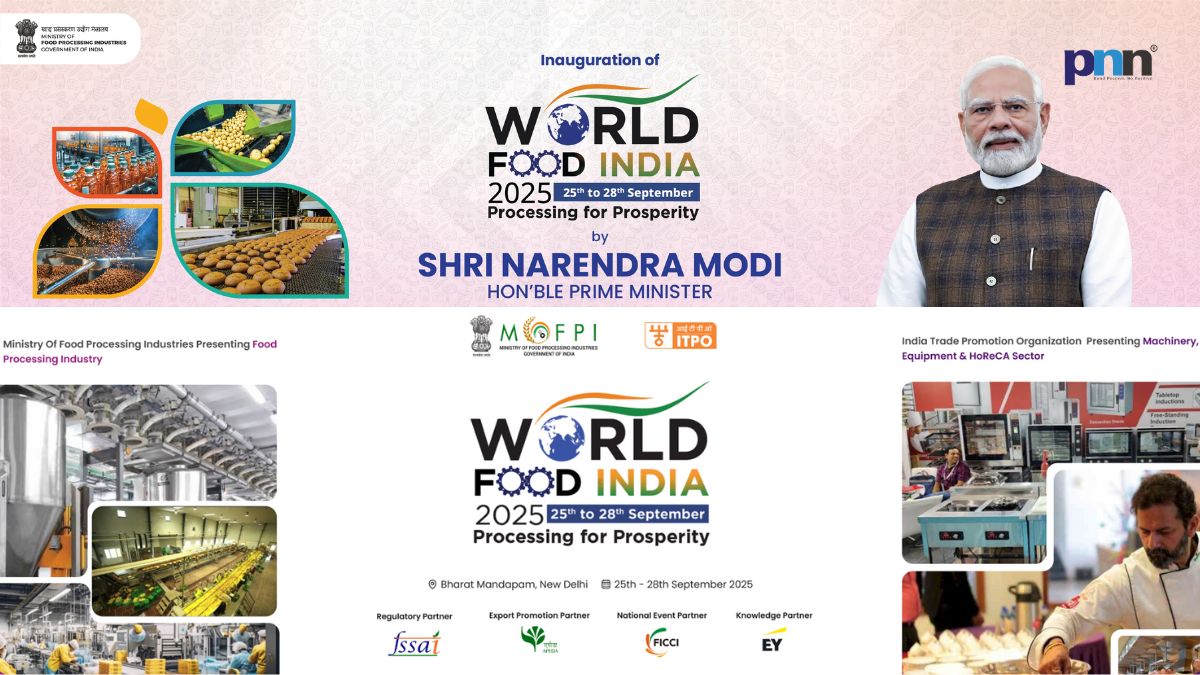New Delhi [India], September 27: India just reminded the world who’s boss in food. At World Food India 2025, over ₹1 lakh crore in MoUs were signed in two days. Numbers like this don’t lie. Ambition? Check. Scale? Check. Global leadership? Absolutely.
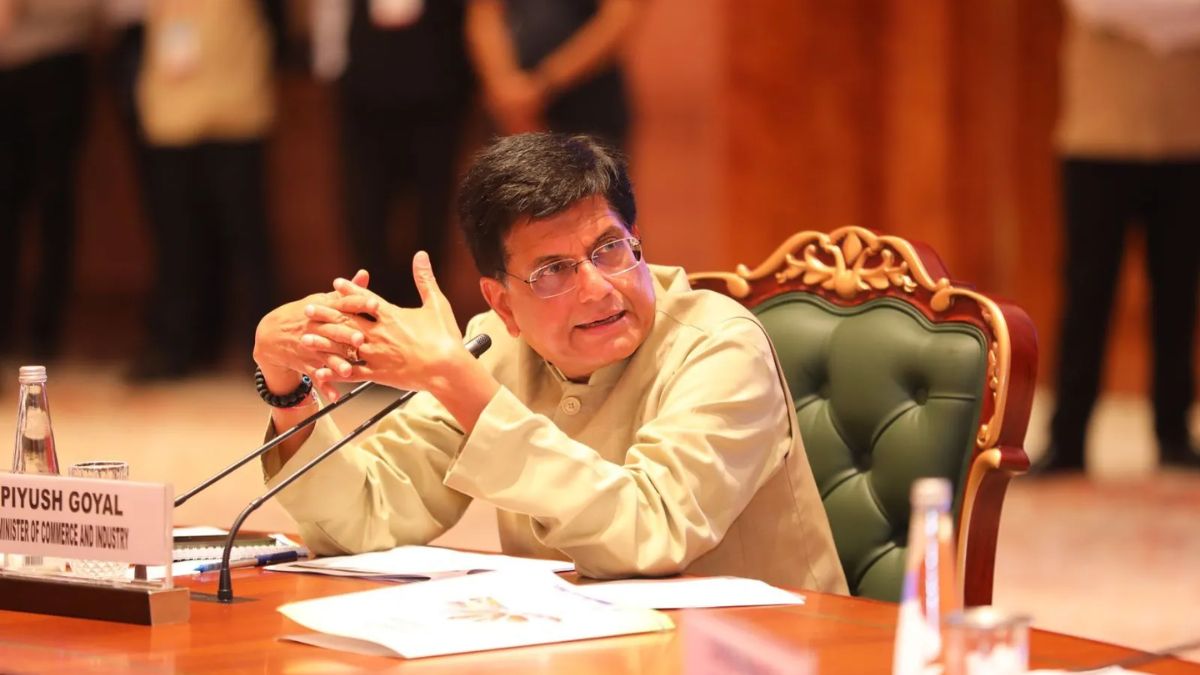
PM Modi Declares India the Global Food Leader at World Food India 2025
On 25th September, Prime Minister Narendra Modi inaugurated the fourth edition of World Food India at Bharat Mandapam, New Delhi. His message was blunt: this summit isn’t a networking event. It’s a statement.
“World Food India has emerged as the event of context, content, and creativity. India’s unique strengths, its diversity, demand, and scale give it a decisive competitive edge in the global food economy,” he said.
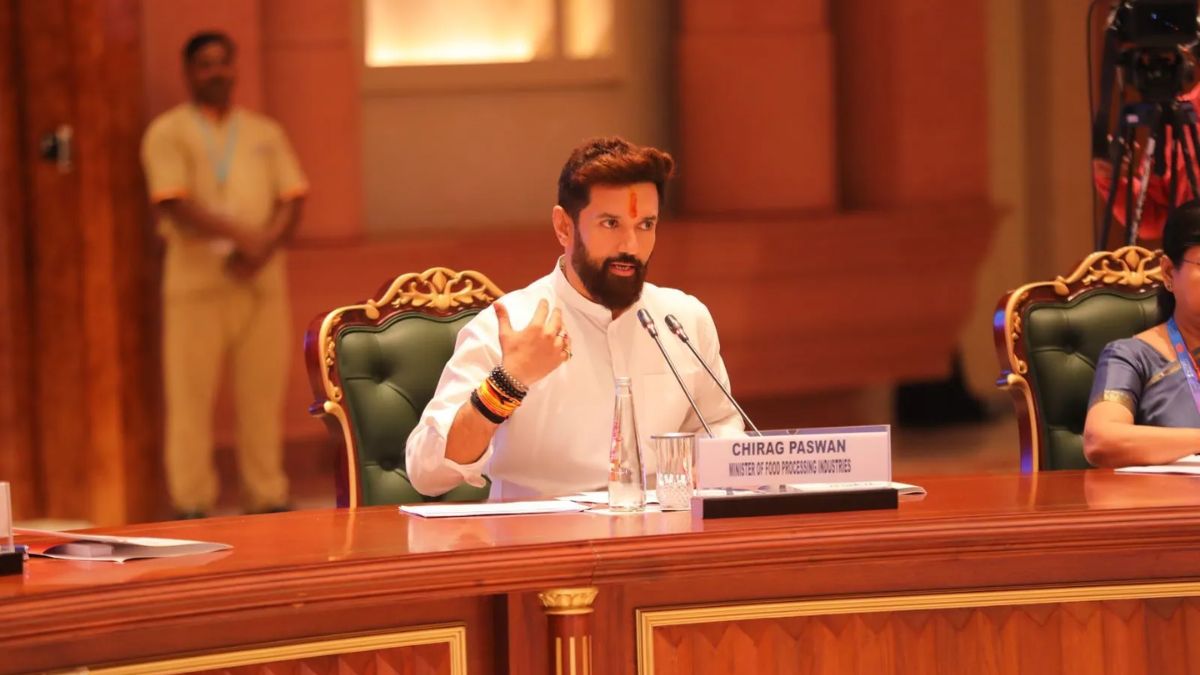
PM Modi toured the exhibition pavilion, inspecting innovations in nutrition, healthier packaging, and reduced oil consumption. Alongside him were Deputy PM of Russia Dmitry Patrushev, Union Ministers Chirag Paswan and Prataprao Jadhav, signaling that this wasn’t just domestic fanfare; it was a global stage.
The Prime Minister also reminded attendees that whenever the world faces challenges, India steps up. Global food security is not a buzzword here; it’s a strategic commitment.
Day One: ₹76,000 Crore MoUs Signal Serious Business
MoFPI wasted no time. Day one of the summit saw MoUs worth ₹76,000 crore signed with top domestic and international companies. Names like Britannia, PepsiCo, AMUL, ITC, Nestlé, Mondelez, Tata Consumer Products, Coca-Cola, and Marico weren’t just attending, they were investing.
Investments spanned beverages, dairy, and confectionery, and covered states from Gujarat, Maharashtra, and Uttar Pradesh to Andhra Pradesh, Telangana, Karnataka, Punjab, West Bengal, and the North-East. If you thought food processing in India was regional, think again. This was nationwide.
Nitin Gadkari, co-chair of the CEO roundtable and Minister of Road Transport & Highways, stressed that Atmanirbhar Bharat depends on agro-processing growing its share in GDP. Paswan assured industry leaders he would act as a bridge between government and industry. The CEOs seemed cautiously optimistic.
Bottom line: India isn’t asking for investment. India is commanding it.
CEOs and Policymakers Take the Stage
The summit’s first day also included a high-level CEO roundtable with industry heavyweights sharing insights on growth, innovation, and global partnerships. Key discussions included:
- Scaling agro-processing to meet domestic and export demand
- Nutrition-led innovations
- Plant-based and specialty food segments
- Reducing environmental footprint while expanding production
Industry leaders were candid. “If you bet on India’s food economy, the odds are stacked in your favor,” one executive remarked.
The government wasn’t just observing. Ministers Ravneet Singh and Chirag Paswan actively engaged, signaling that policy and business aren’t running in parallel; they’re intertwined.
Knowledge Sessions: Innovation Meets Strategy
Over 25 knowledge sessions ran across two days, featuring states, ministries, and international participants. Highlights included:
- Manipur showcased rural innovation in food processing
- Russia shared expertise on agro-tech collaboration
- Ministry of Rural Development, DPIIT, Department of Animal Husbandry, APEDA, and the Ministry of Agriculture & Farmers’ Welfare hosted sessions
- Key topics: pet food, nutraceuticals, plant-based foods, alcoholic beverages, specialty foods
This wasn’t a lecture series. It was a playbook for scaling India’s food economy globally.
Day Two: ₹25,000 Crore More and Diplomacy
The second day wasn’t just a repeat. Twenty-one companies signed MoUs worth ₹25,000 crore, taking the two-day total past ₹1 lakh crore.
Sessions focused on:
- Sustainability
- Technology adoption
- Investment opportunities
- International partnerships
High-level government-to-government meetings with Russia and Portugal strengthened bilateral collaboration in agriculture and food processing.
The message was loud and clear: India is investment-ready, innovation-driven, and expects the global food industry to keep pace.
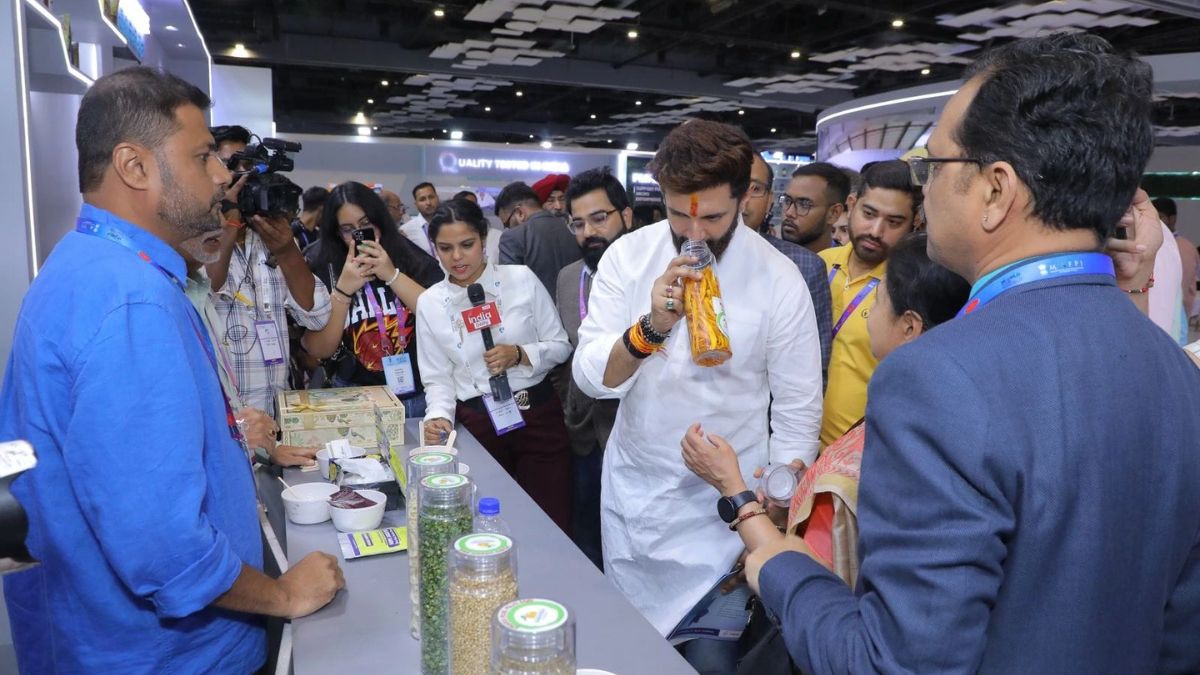
Partner States and International Participation
States like Uttar Pradesh, Gujarat, Punjab, Jharkhand, and Bihar hosted partner sessions, while countries like New Zealand, Vietnam, Japan, and Russia shared international insights.
India’s food economy isn’t just domestic. This summit showed the world that collaboration, knowledge sharing, and tech transfer are actively invited.
Meanwhile, the 3rd Global Food Regulators Summit by FSSAI ran alongside, focusing on harmonization of global food safety standards. The 24th India International Seafood Show (IISS) showcased India’s growing seafood export potential, linking domestic production to international markets.
State-Wise and Sector Highlights
- Gujarat: beverages and dairy innovation
- Maharashtra: confectionery and processed foods
- Uttar Pradesh: integrated agro-processing clusters
- Telangana & Karnataka: tech-driven food startups
- North-East: specialty crops and organic products
This wasn’t a token representation. Every region brought scale, strategy, and actionable investment plans.
Fact: India’s food industry is now a mosaic of regional strengths converging into a global powerhouse.
The Government’s Role: Policy Meets Action
Ministers Gadkari, Paswan, and Ravneet Singh made it clear: the government is not just a facilitator, it’s a co-strategist. Policies are aligned to encourage:
- Agro-processing growth
- Nutrition-driven product lines
- Investment in plant-based and specialty foods
- Export readiness and global collaboration
By bridging CEOs, startups, and policymakers, India is making it impossible to ignore its food market.
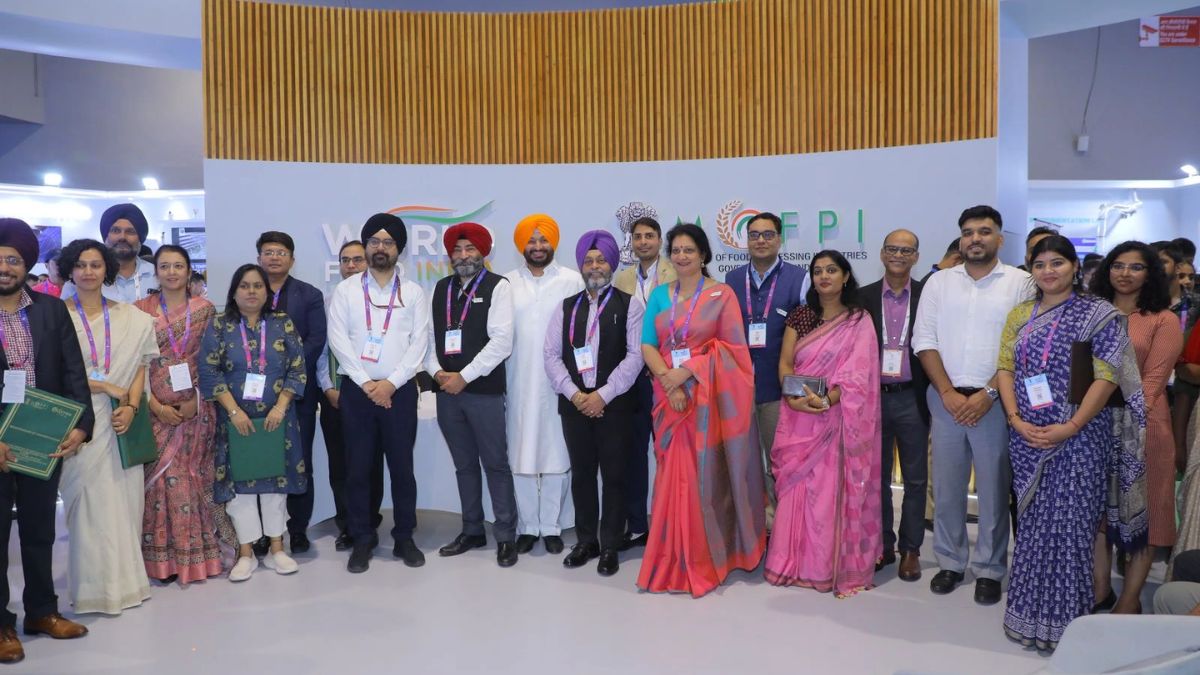
India’s Food Future: Nutrition Security, Global Leadership
World Food India 2025 wasn’t a vanity show. The summit sent three messages to global players:
- Invest now, India is ready.
- Innovate constantly, the market demands better nutrition, sustainability, and tech adoption.
- Collaborate globally, from Russia to Portugal, India is open for serious partnerships.
The shift is clear: India is moving from food security to nutrition security. Production alone isn’t enough; health-conscious, innovative food products are the future.
If you’re still thinking of India as a market for volume sales only, you’re behind.
Key Takeaways
- ₹1 lakh crore in MoUs in two days
- Global CEOs and regulators actively participating
- 25+ knowledge sessions, multiple international events
- Strong state and sector representation
- Government policies aligned with the Atmanirbhar Bharat vision
- India positioning itself as the global food basket of the future
This summit was a strategic declaration:
India is leading, investing, innovating, and exporting on a global scale.

